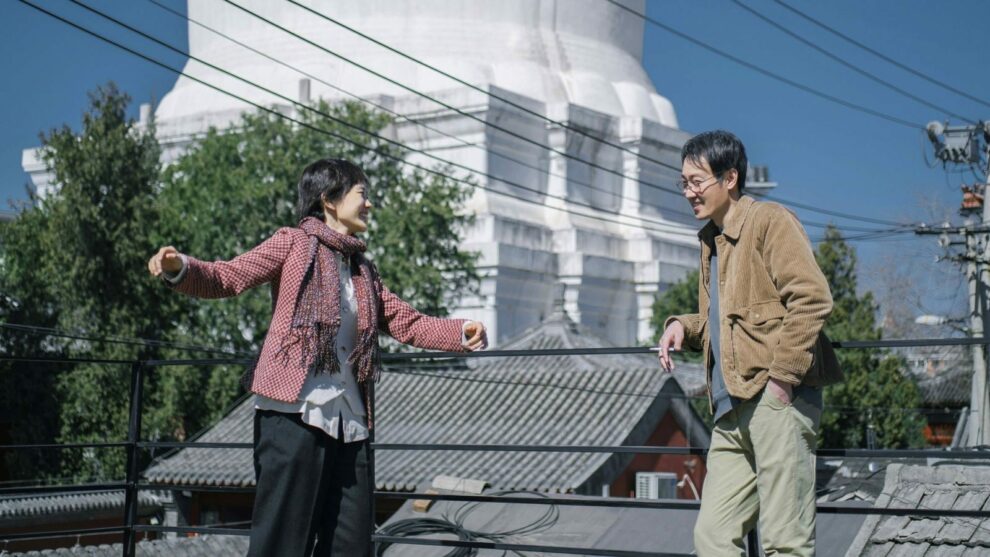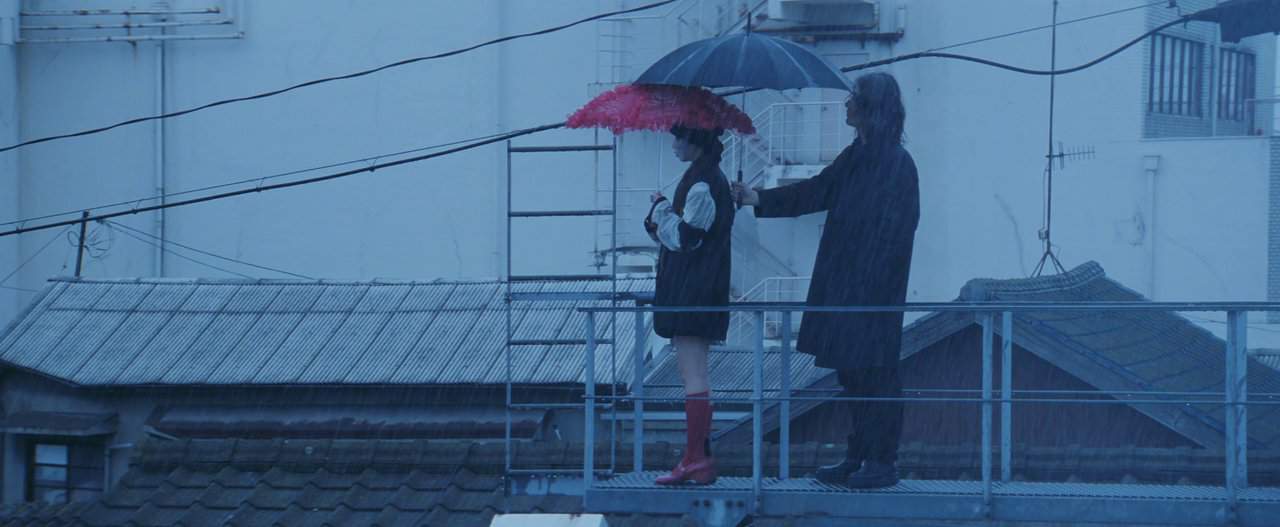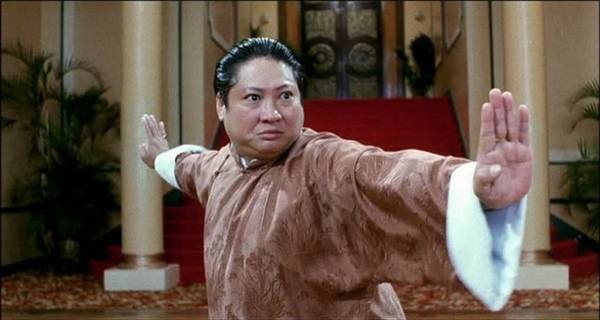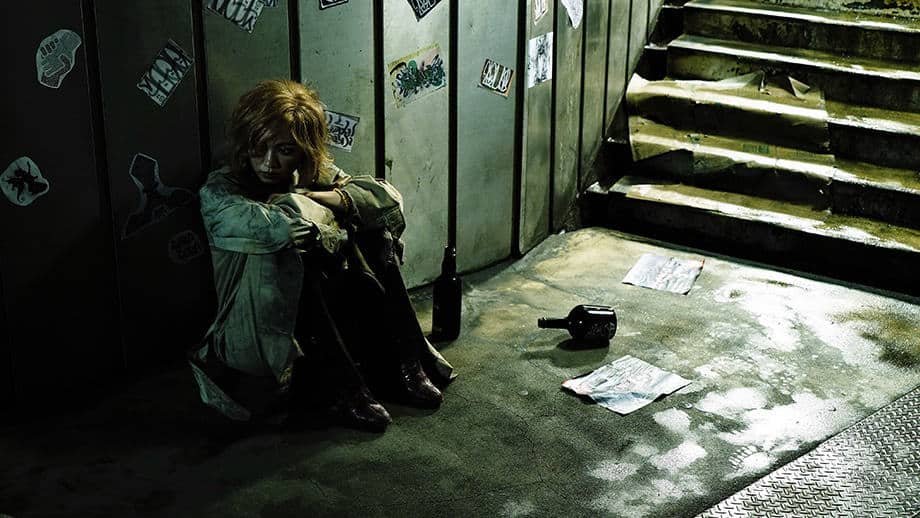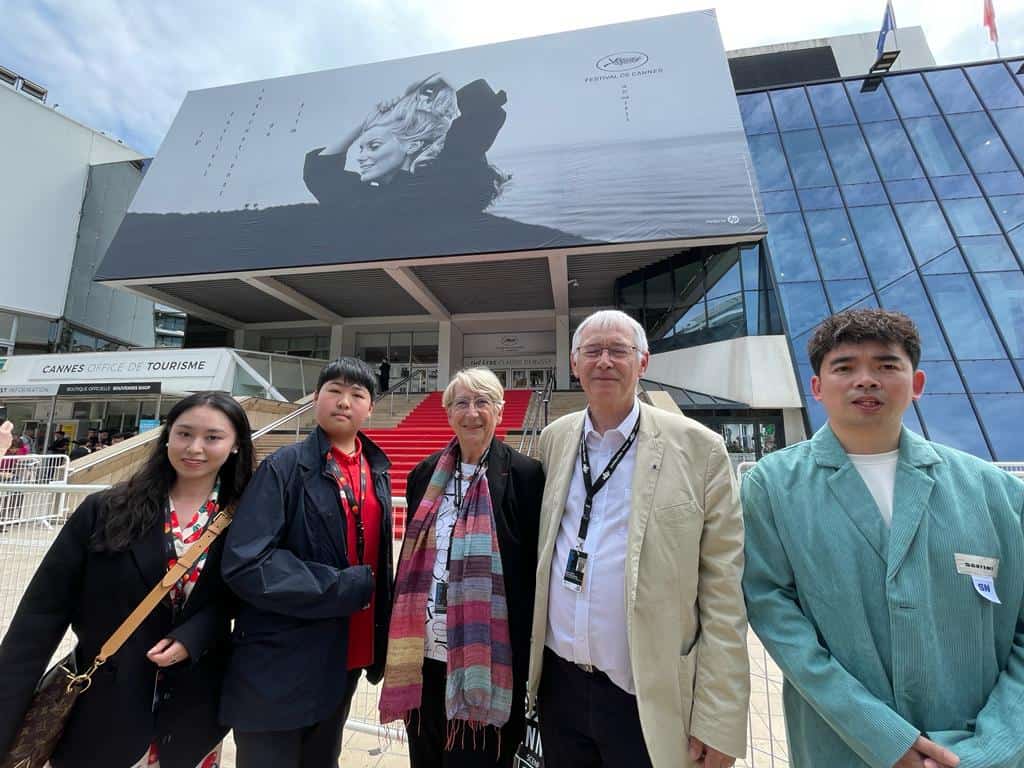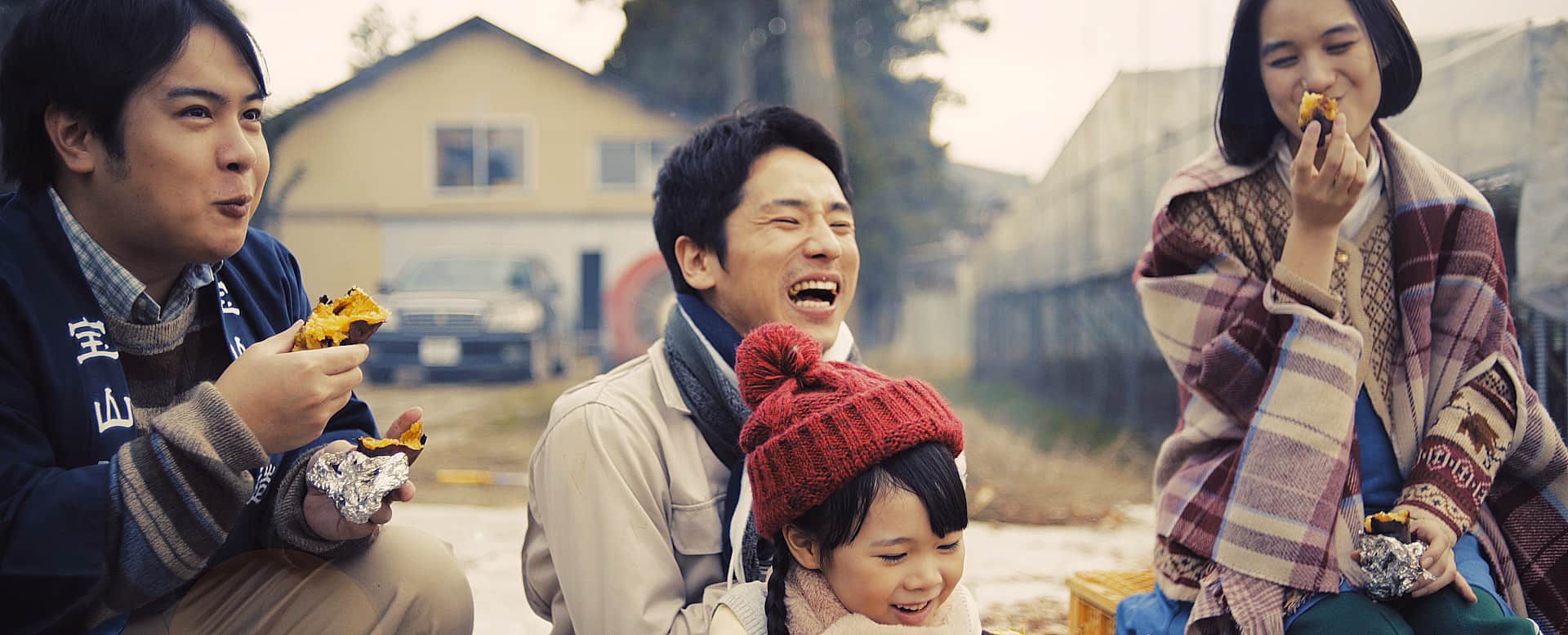Zhang Lu has been a festival-favorite director for some time, with his somewhat European art-house approach finding much resonance throughout the West. This approach finds one of its zeniths in his latest work, “The Shadowless Tower” a film that functions as an unusual road movie, inspired by the concept of the White Pagoda, a 13th-century Buddhist temple in Beijing, whose construction makes it rather hard to see its shadow.
Shadowless Tower is screening at Singapore International Film Festival

Gu Wentong is a relatively successful film critic, whose life, however, is not in its higher point. His daughter Smiley, a rather smart and humorous child, is living with his sister Wenhui and her husband Li Jun after his divorce, with him more visiting than actually raising her. Gu's mother has recently died, while the reason for her own divorce with his father, due to an accusation of molestation on a city bus when he was a child, still looms over him, since he has not seen him since the incident, when Gu was just 5 years old. The bottle provides a solace, to the disgruntlement of his relatives, but a chance for a turn around appears at the face of 25-year-old photographer Ouyang, a rather feisty and sure of herself woman, who urges him to follow up on his brother-in-law's note about the current address of his father. Thus the two embark on a trip that brings them close to the pagoda.
Probably the most interesting aspect of Zhang Lu's direction is the way he builds his many and varying comments into a compact story revolving around the protagonist, with brief scenes here and there becoming additional points of focus, as much as turning points for the whole story. Probably the most central one concerns the question of whether we are destined to become like our parents, with the director “playing” with the concept throughout the movie, presenting instances of Gu Wentong and his father, that seem to give a definite answer to the question, with the final one being the most evident of this approach. Liu Xinzhu's editing finds its apogee in these sequences, in an overall competent job that manages to retain a steady pace throughout the film, without breaking the rather slow-burning tempo at the least.
Check also this interview
Gu Wentong's story would be essentially tedious to watch, considering how he moves slowly through his own life, beaten and with no particular sense of purpose, not knowing how to move forward, or towards where he should cast his shadow to do so, in a parallel with the titular pagoda. The presence of Ouyang, though, and the slight will-they, won't-they she brings in the film makes the whole thing easier to watch, with her feistiness and pragmatic approach to life providing a much needed relief here. Huang Yao is quite good in the role, in probably the most stand-out character in the film, with the moment she gets somewhat jealous being one of the most memorable here, despite its briefness.
Furthermore, and in an unusual approach for this style of cinema, where definite answers are not given through the story, the common presence of father and son is also quite memorable to watch. Xin Baiqing as Gu and Tian Zhuangzhuang as the father exhibit a wonderful chemistry, highlighting both their similarities and the distance between them. Furthermore, some revelations about the latter's acts after his divorce add even more to the story, with Zhang dealing through him, with another concept, about crime and punishment and the concept of canceling in the MeToo era, although in a rather metaphorical approach.
Additionally, fatherhood (parenthood if you prefer) and the concept of family are also examined throughout the movie, with the director posing another question of when or if blood-related people stop being one, particularly when distance (literal and metaphorical) becomes an issue.
Piao Songri's cinematography emerges as one of the best aspects of the movie, with his “flowing” camera being as impressive as his framing and his occasional bluish tones, with the dancing scene being one of the zeniths of his work.
Moving somewhere between Edward Yang and Hong Sang-soo, “The Shadowless Tower” is an intensely art-house movie, both beautiful and meaningful, but also addressed solely to fans of the particular cinema.


